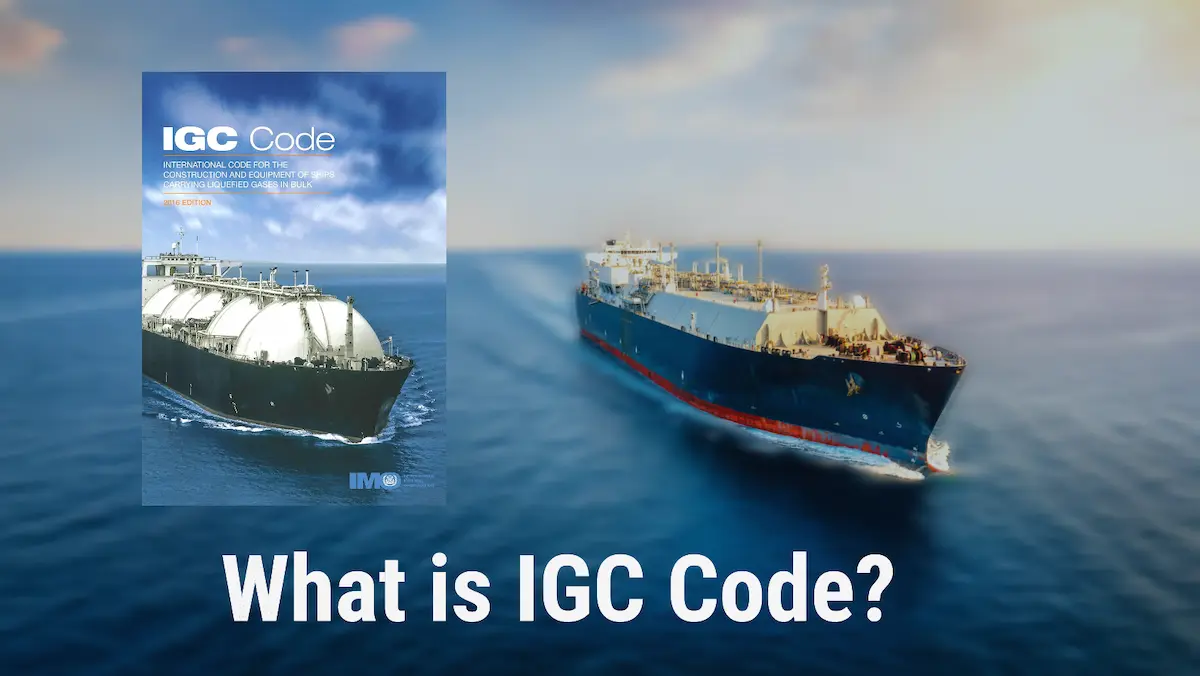
What is the IGC Code? Role, Key Aspects, and Compliance
The IGC Code sets international safety standards for ships carrying liquefied gases like LNG and LPG, ensuring their safe transport under strict guidelines.

The IGC Code sets international safety standards for ships carrying liquefied gases like LNG and LPG, ensuring their safe transport under strict guidelines.
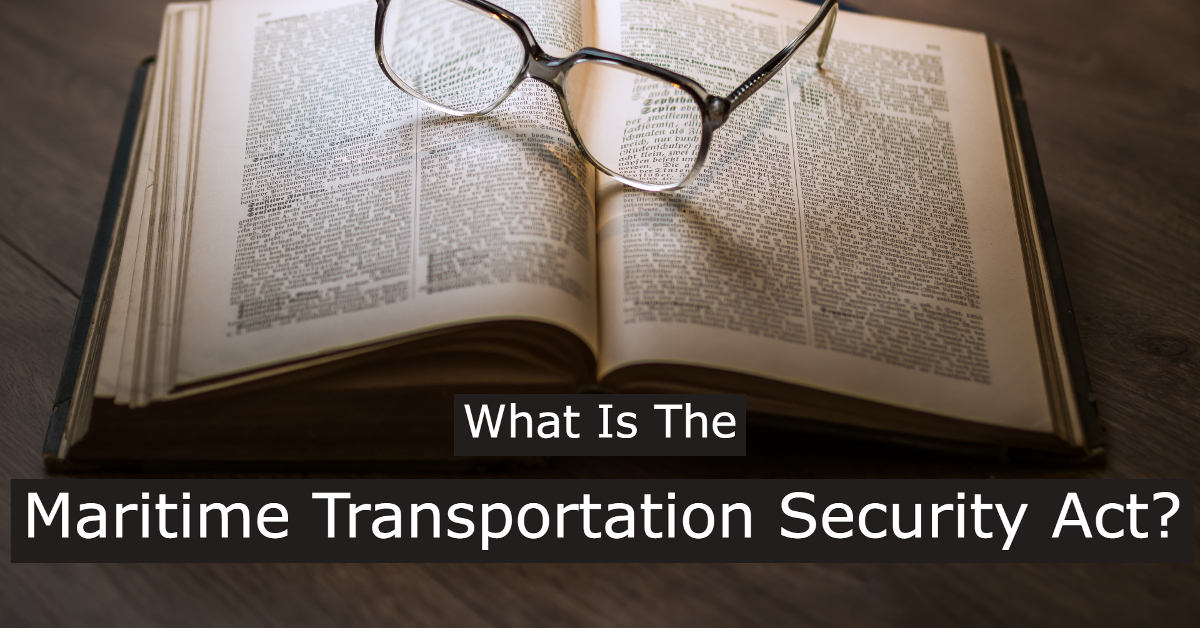
The Maritime Transportation Security Act (MTSA) is arguably the most important legislation regulating overseas travel. The United States Congress passed the MTSA in 2004 and has since made many updates. […]
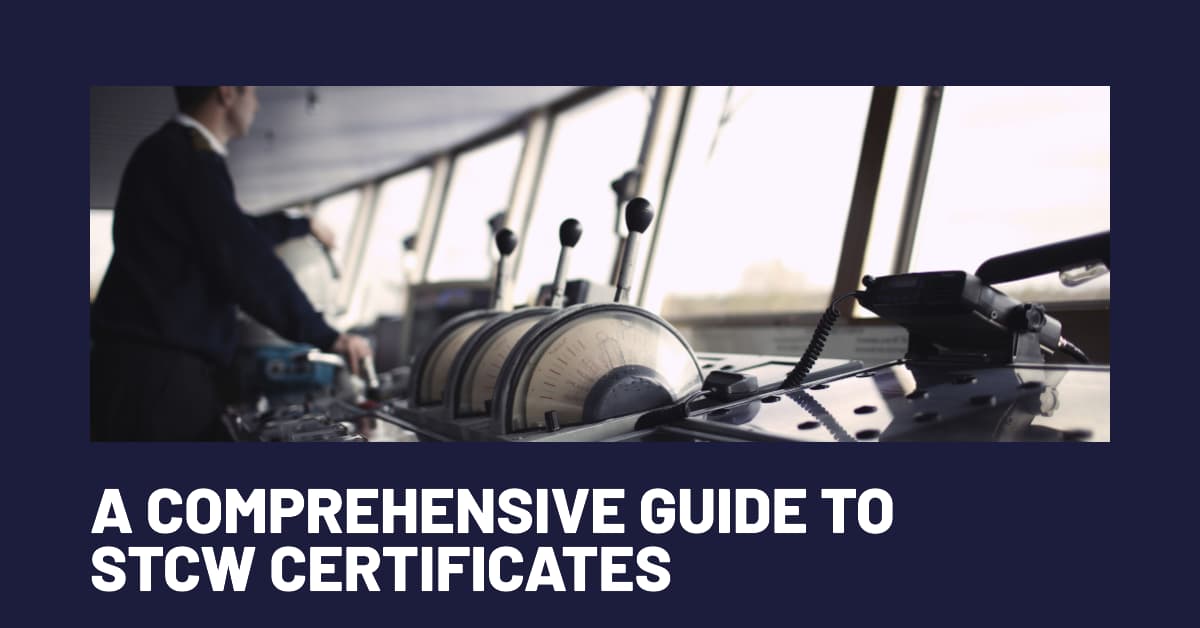
An STCW certificate is a document that proves a seafarer has met the minimum training requirements set by the International Convention on Standards of Training, Certification, and Watchkeeping for Seafarers […]
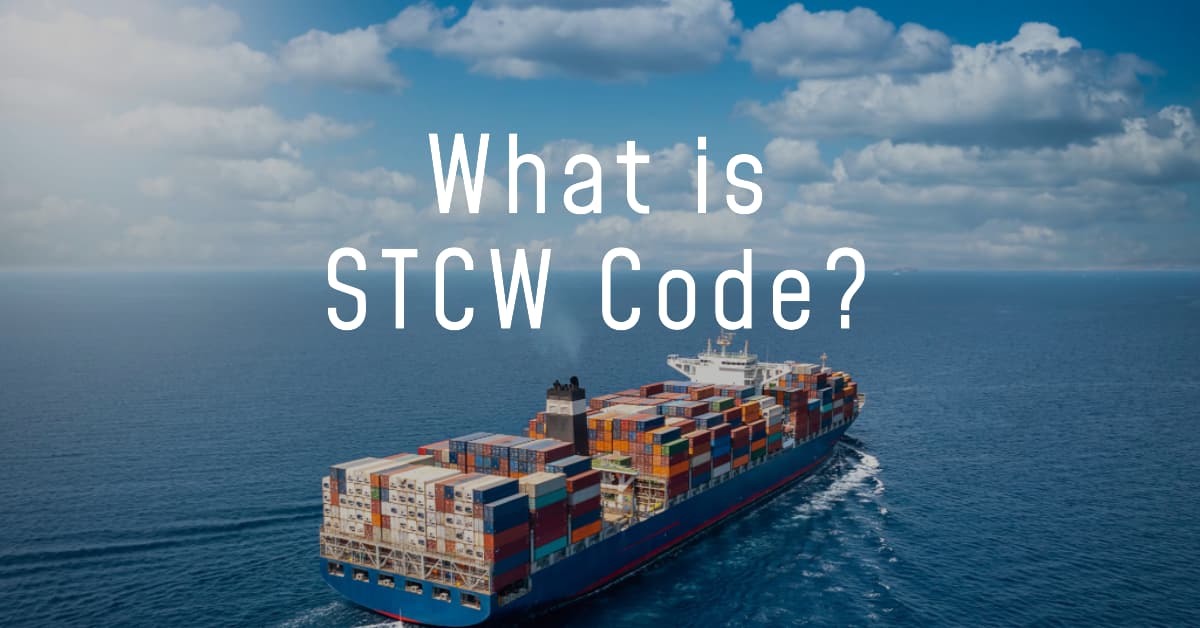
The Standards of Training, Certification and Watchkeeping (STCW) Convention is an international treaty that sets minimum qualification standards for seafarers on seagoing merchant ships and large yachts. The STCW Convention […]
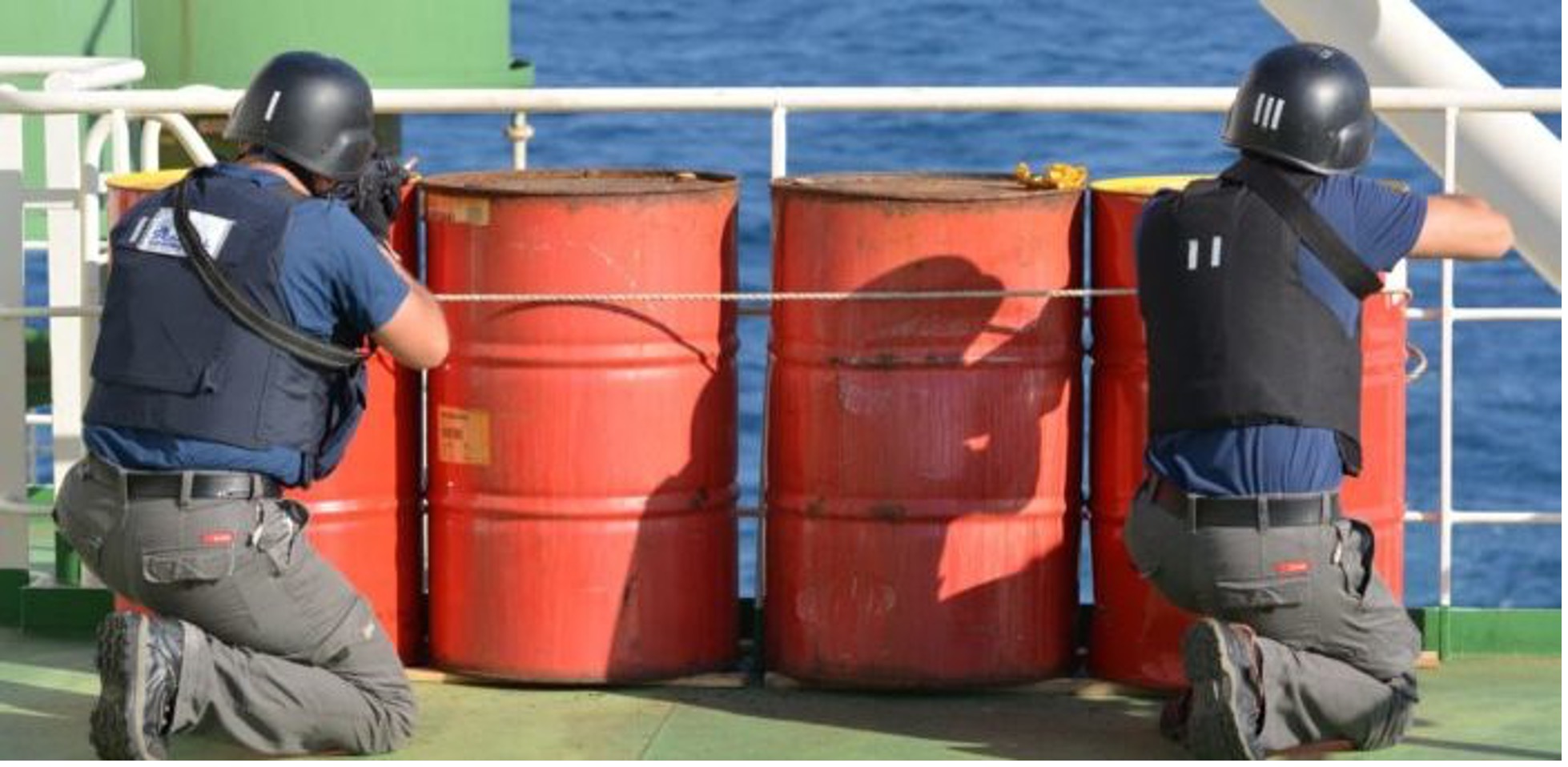
In the wake of the 9/11 attack in the United States, the International Maritime Organization (IMO) developed the International Ship and Port Facility Security Code (ISPS Code) as a comprehensive […]
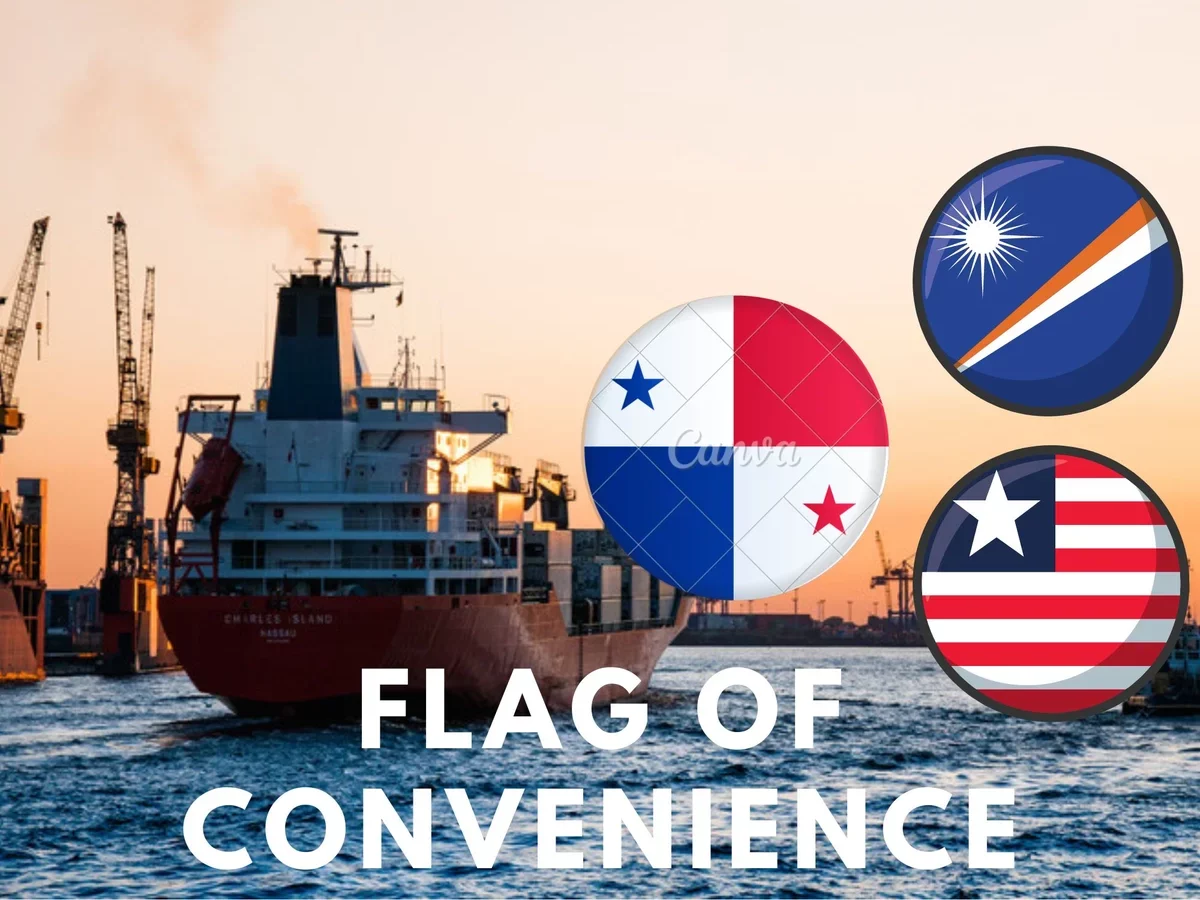
Every ship is required by international law to be registered in a country known as its flag state. Flag of convenience, the process of documenting a ship in a country […]
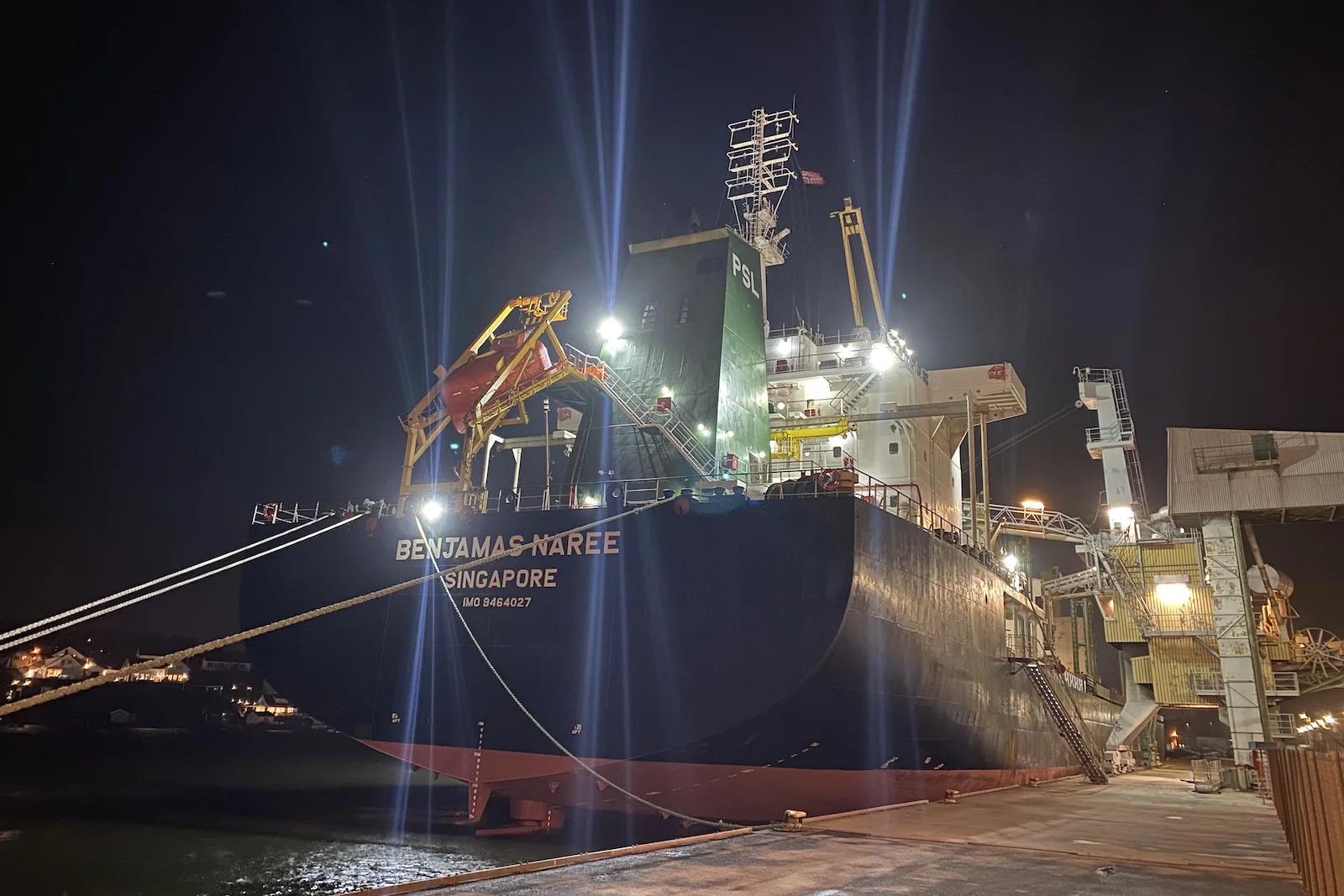
According to U.S Geological Surveys, about 71 percent of the world or earth’s surface is covered by water bodies, and about 96 percent is the oceans. That is the reason […]
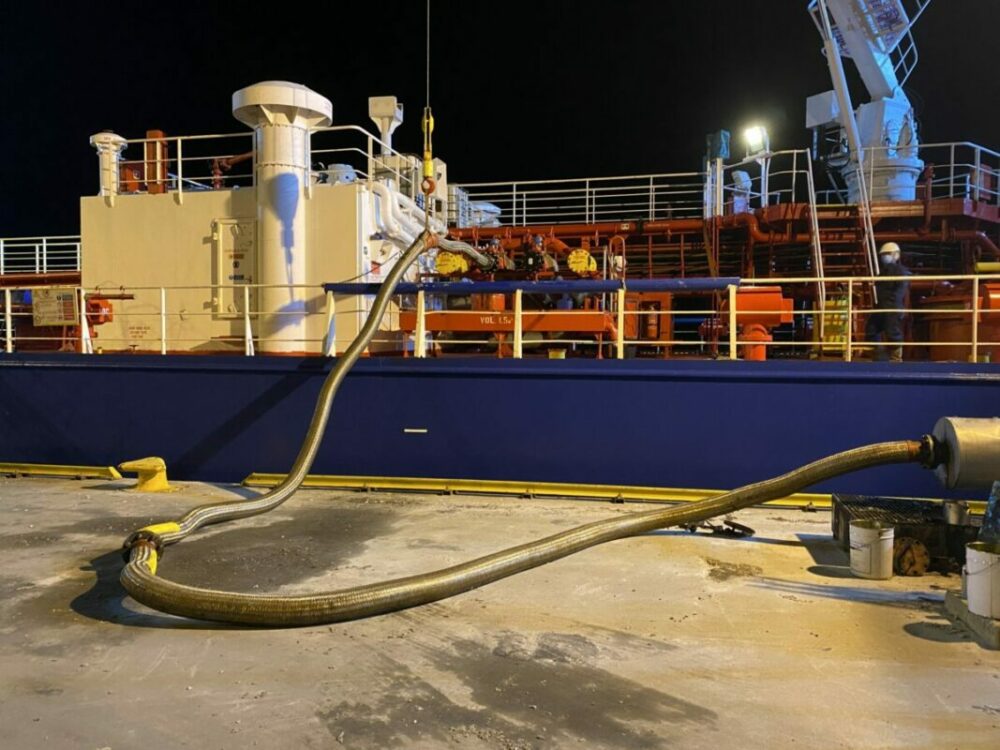
As all are aware by now, operations onboard a merchant vessel can be very hazardous and dangerous to the crew and in such cases, a work permit on the ship […]